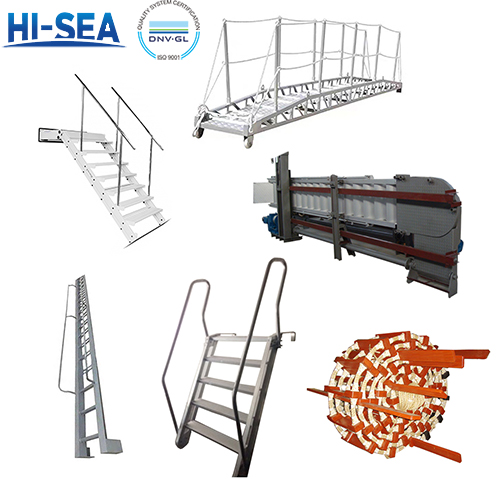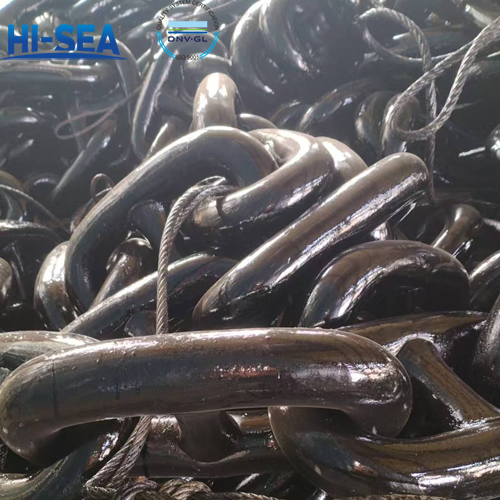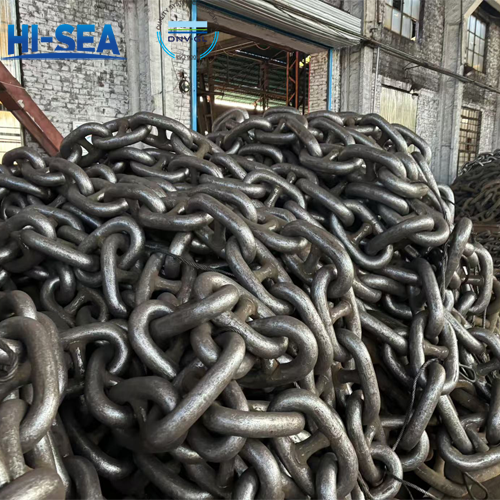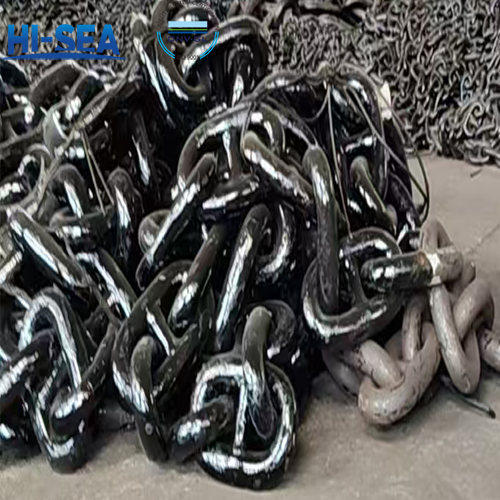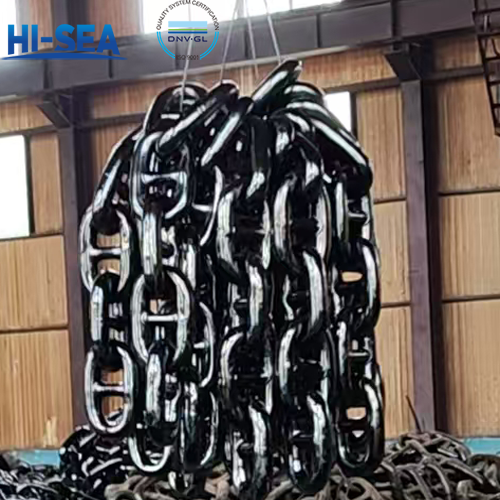
Marine Ladder: Guide for In-Depth Understanding
The marine ladder is an important facility for people to enter and exit the ship and move inside. From the point of view of the use position, it can be divided into two categories: inboard ladder and outboard ladder. The inboard ladder is a fixed access facility with horizontal drop, such as inclined ladder, vertical ladder, spiral body, etc., which is installed on all decks and platforms of the ship to facilitate people to move up and down. Outboard stairs are movable access facilities connected to the outside world, such as accommodation stairs, dock stairs, gangways, pilot stairs, boarding stairs, etc. This article will mainly introduce the types, functions, structures, materials and other aspects of the Marine ladder, and hope to help you buy the Marine ladder. At the same time, we welcome you to contact us directly to learn about the products you need!
Overview
Marine ladder is one of the indispensable equipment in the field of ship outfitting. There are many kinds of Marine ladder, common including accommodation ladder, straight ladder, inclined ladder, gangway ladder and so on. Different types of Marine ladder are suitable for different scenarios and needs. The following is a detailed introduction to the Marine ladder from the type, structure, function, material and other aspects of the article.
Types of Marine Ladders
There are many types of marine ladder. Here are some common types:
Vertical ladder: Set vertically to connect platforms or areas of different heights.
Inclined ladder: With a certain tilt angle, convenient for personnel to move on the ship.
Rotary ladder: Can be rotated around the central axis, saving space, long placed in the cargo hold of large bulk carriers.
Telescopic ladder: Adjustable length to adapt to different needs.
Folding ladder: Easy to store and carry, often used for temporary climbing operations.
Rope ladder: Woven by rope, light and flexible.
Pilot ladder: Prescribed by SOLA, designed for use by pilots on and off ships.
Accommodation ladder: Placed on the side, is a ladder connecting the ship to the dock. The large accommodation ladder has a winch and can be combined with a pilot ladder if necessary.
Gangway: Used between ships or when the level difference from the shore is small.
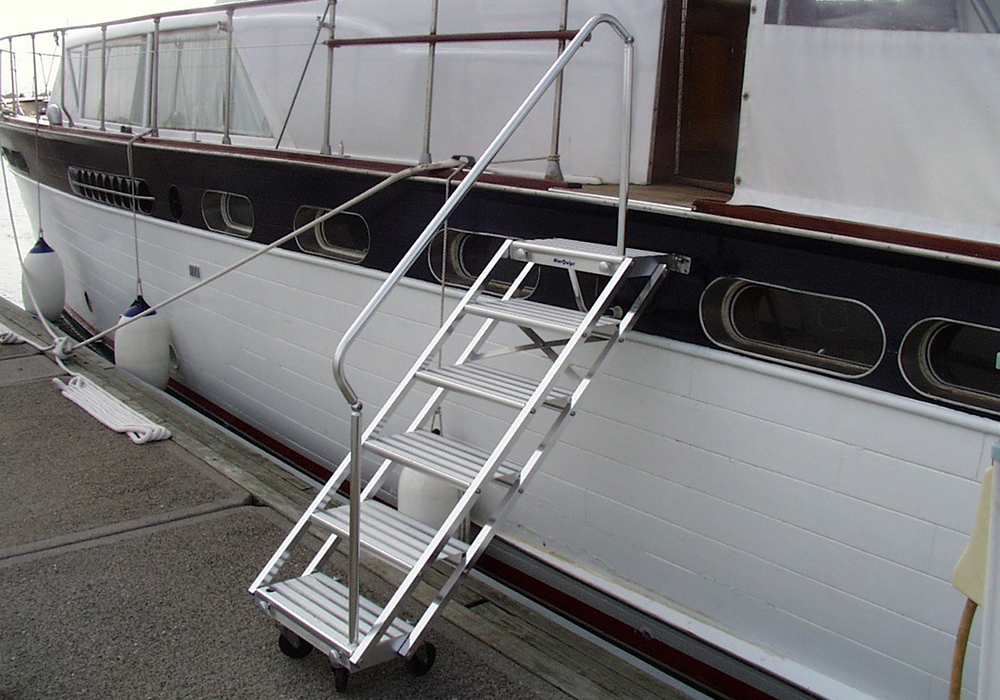
Different types of Marine ladder play an important role in different parts of the ship, and its design and selection need to consider the characteristics of the ship, the use of demand and safety requirements.
Materials
In terms of material, strong and durable metal materials are usually used, such as various alloy steel or aluminum alloy. After special treatment, these materials have good strength and corrosion resistance, which can adapt to the harsh requirements of the Marine environment.
Structures of Marine Ladders
Compared with most of the equipment on board, the structure of the Marine ladder is simple. But because of its importance in terms of passage, its design must have stability and security.
Sturdy ladder frames: Usually made of corrosion-resistant metal materials, such as stainless steel or aluminum alloy, to ensure adequate strength and durability.
Wide and stable steps: provide sufficient stomping area, increase stability and safety.
Strong handrails: give users reliable support when going up and down the ladder.
Strong connecting parts: the ladder, steps and handrails are closely connected to ensure the stability of the overall structure.
Reasonable slope design: Design according to actual use needs and safety standards.
Anti-slip step surface: special textures or materials are generally used to improve anti-slip performance in wet environments.
Reliable installation components: enable the Marine ladder to be firmly installed on the ship to prevent shaking or loosening.
Additional components: In the design of a large accommodation ladder, the accommodation ladder winch is often required to collect and place the accommodation ladder.
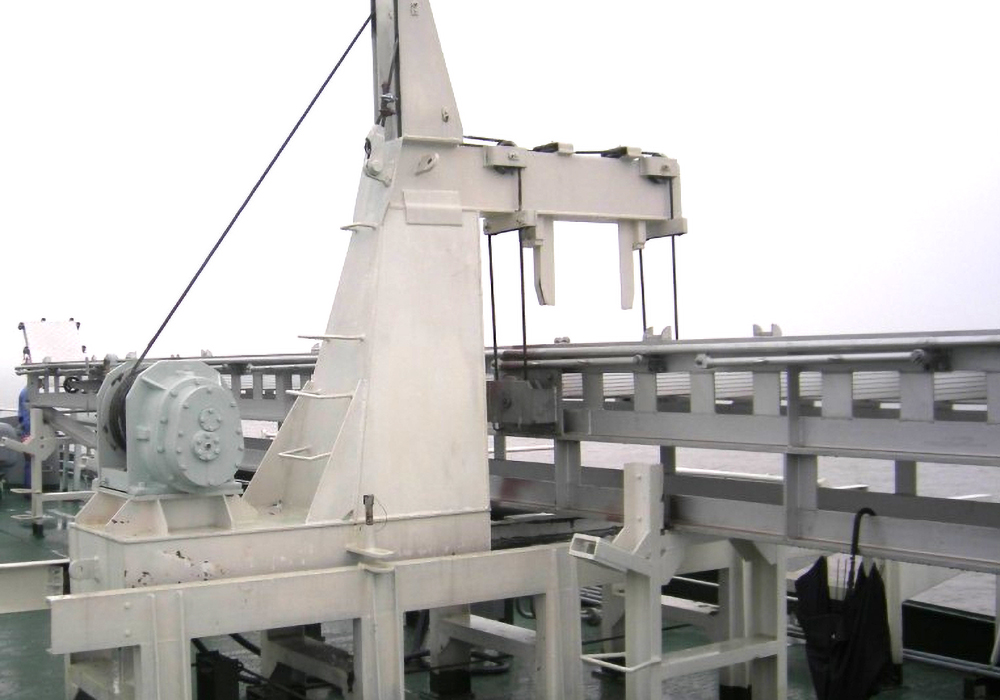
These structural features together ensure the safe and reliable use of the Marine ladder in the ship environment, and meet the needs of the crew and passengers.
Conclusion

